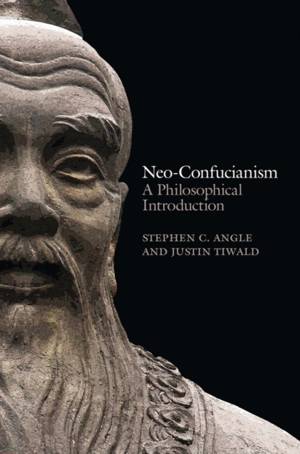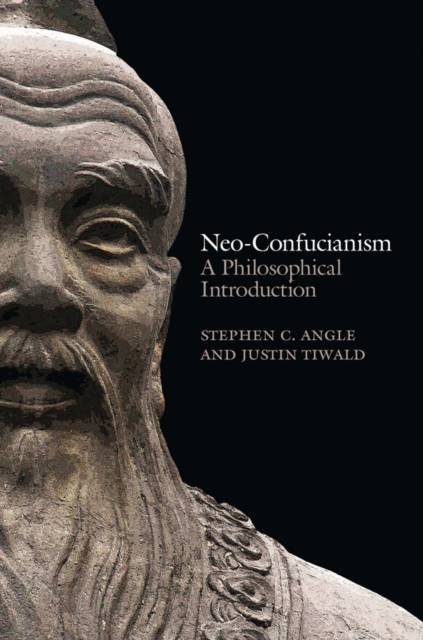
- Afhalen na 1 uur in een winkel met voorraad
- Gratis thuislevering in België vanaf € 30
- Ruim aanbod met 7 miljoen producten
- Afhalen na 1 uur in een winkel met voorraad
- Gratis thuislevering in België vanaf € 30
- Ruim aanbod met 7 miljoen producten
Zoeken
€ 48,45
+ 96 punten
Omschrijving
Neo-Confucianism is a philosophically sophisticated tradition weaving classical Confucianism together with themes from Buddhism and Daoism. It began in China around the eleventh century CE, played a leading role in East Asian cultures over the last millennium, and has had a profound influence on modern Chinese society.
Based on the latest scholarship but presented in accessible language, Neo-Confucianism: A Philosophical Introduction is organized around themes that are central in Neo-Confucian philosophy, including the structure of the cosmos, human nature, ways of knowing, personal cultivation, and approaches to governance. The authors thus accomplish two things at once: they present the Neo-Confucians in their own, distinctive terms; and they enable contemporary readers to grasp what is at stake in the great Neo-Confucian debates.
This novel structure gives both students and scholars in philosophy, religion, history, and cultural studies a new window into one of the world's most important philosophical traditions.
Based on the latest scholarship but presented in accessible language, Neo-Confucianism: A Philosophical Introduction is organized around themes that are central in Neo-Confucian philosophy, including the structure of the cosmos, human nature, ways of knowing, personal cultivation, and approaches to governance. The authors thus accomplish two things at once: they present the Neo-Confucians in their own, distinctive terms; and they enable contemporary readers to grasp what is at stake in the great Neo-Confucian debates.
This novel structure gives both students and scholars in philosophy, religion, history, and cultural studies a new window into one of the world's most important philosophical traditions.
Specificaties
Betrokkenen
- Auteur(s):
- Uitgeverij:
Inhoud
- Aantal bladzijden:
- 304
- Taal:
- Engels
Eigenschappen
- Productcode (EAN):
- 9780745662497
- Verschijningsdatum:
- 3/04/2017
- Uitvoering:
- Paperback
- Formaat:
- Trade paperback (VS)
- Afmetingen:
- 150 mm x 226 mm
- Gewicht:
- 480 g

Alleen bij Standaard Boekhandel
+ 96 punten op je klantenkaart van Standaard Boekhandel
Beoordelingen
We publiceren alleen reviews die voldoen aan de voorwaarden voor reviews. Bekijk onze voorwaarden voor reviews.











